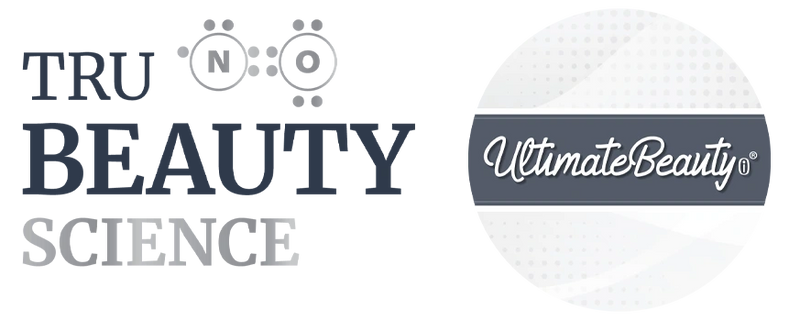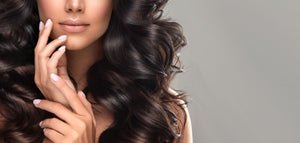Nitric oxide (NO) is a molecule that plays various roles in the body, including supporting hair growth. Here's how nitric oxide supports hair growth:
- Vasodilation: Nitric oxide acts as a vasodilator, meaning it relaxes and widens blood vessels. This helps improve blood circulation and nutrient delivery to the hair follicles. Proper blood flow is crucial for delivering oxygen, nutrients, and growth factors to the hair follicles, which are essential for hair growth.
- Increased nutrient supply: By improving blood flow, nitric oxide ensures that the hair follicles receive an adequate supply of nutrients necessary for hair growth. These nutrients include vitamins, minerals, amino acids, and oxygen.
- Stimulation of hair follicles: Nitric oxide can stimulate the activity of dermal papilla cells, which are located at the base of hair follicles. Dermal papilla cells play a crucial role in regulating hair growth by providing signals for hair follicle regeneration and promoting the growth of new hair strands.
- Anti-inflammatory effects: Nitric oxide has anti-inflammatory properties that can help combat inflammation in the scalp. Inflammation can disrupt the normal hair growth cycle and lead to conditions like hair loss or thinning. By reducing inflammation, nitric oxide helps maintain a healthy environment for hair growth.
- Wound healing: Nitric oxide participates in the wound healing process, and hair follicles can be damaged or impaired due to various factors, such as inflammation, trauma, or infections. By supporting the healing process, nitric oxide can aid in the recovery and regeneration of damaged hair follicles.
It's important to note that while nitric oxide can contribute to hair growth, it is not a standalone solution for hair loss or other hair-related conditions. Various factors can affect hair health and growth, including genetics, hormonal imbalances, nutritional deficiencies, and underlying health conditions. If you're experiencing hair loss or concerns about hair growth, it's best to consult a healthcare professional or a dermatologist for an accurate diagnosis and appropriate treatment options.

